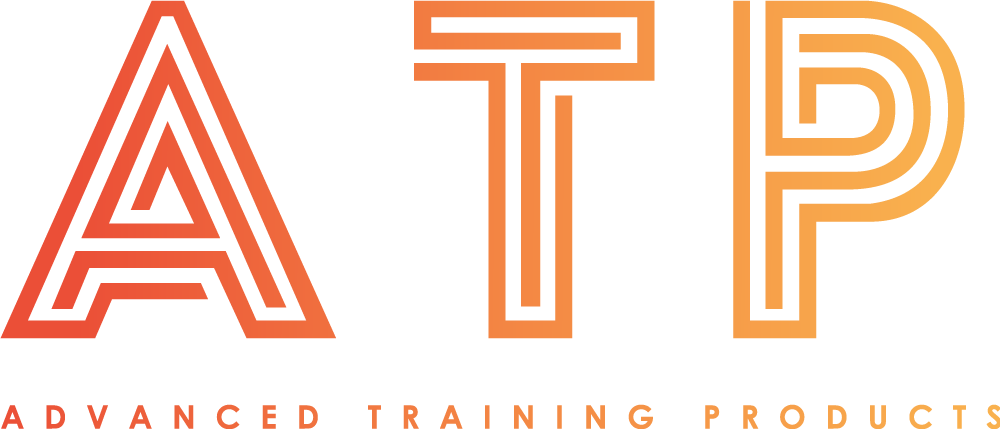White Papers and Press Releases
At Advanced Training Products, we're committed to empowering organizations with the knowledge and tools they need to create safer, healthier workplaces. Our thought leadership resources provide valuable insights into a range of topics, including:
- Total Worker Health® initiatives
- Workplace impairment prevention
- Reasonable suspicion protocols
- Cannabis legalization and its impact on the workplace
Stay informed and stay ahead with our expert analysis and actionable advice.
Keep up with the latest industry news through our press releases below.
Establishing Clear Policies and Procedures: A Cornerstone for Addressing Workplace Impairment
Workplace impairment, encompassing physical, mental, or behavioral conditions that diminish an individual's ability to function safely and effectively, poses significant safety concerns, legal liabilities, and negative impacts on productivity and well-being. Establishing clear and comprehensive policies and procedures on workplace impairment is a fundamental step towards preventing and addressing impairment-related issues, fostering a safe and healthy work environment, and protecting the organization's interests.
Establishing clear and comprehensive policies on workplace impairment is a proactive approach to fostering a safe, healthy, and productive work environment. By combining clear policies with effective training and documentation, organizations can empower employees to identify, report, and address impairment concerns, preventing escalation, promoting a culture of wellness, and safeguarding the organization's interests.
Certain states like New Jersey have established the role of the Workplace Impairment Recognition Expert ("WIRE") to help address these issues. Advanced Training Products offers an innovative solution: WIRE Certified Training™ - A comprehensive solution that empowers your organization. Our program provides expert-led instruction on crafting clear, effective policies and procedures, minimizing risk and fostering a culture of well-being. Additionally, gain exclusive access to our innovative app - streamlining impairment evaluations and boosting operational efficiency. Invest in your team's health and your company's success. Choose Advanced Training Products and embark on a journey towards a safer, more productive future.
Importance of Clear Policies and Procedures
Clear and well-defined policies on workplace impairment serve several critical purposes:
- Prevention: Crystal-clear expectations and a zero-tolerance stance on impairment build a fortress of safety and unlock workforce potential.
- Early Identification: Awareness of physical, behavioral, and performance-based impairment indicators empowers employees, managers, and colleagues for early intervention.
- Reporting and Intervention: Transparent reporting systems for impairment concerns empower employees, ensuring swift action and safeguarding your workforce.
- Consistent Enforcement: Consistent policy enforcement fortifies a culture of accountability and seriousness towards workplace impairment.
- Legal Protection: Clear impairment policies form a legal shield, proving proactive steps and minimizing risk.
Key Elements of Effective Policies
Effective workplace impairment policies should address the following key elements:
- Definition of Impairment: Clearly define what constitutes impairment, encompassing physical, mental, and behavioral conditions that affect an individual's ability to work safely and effectively.
- Prohibited Behaviors: Outline specific behaviors that are prohibited under the policy, including the use of alcohol, illegal drugs, or prescription medications that could impair job performance.
- Reporting Procedures: Establish clear and accessible reporting mechanisms for employees to report impairment concerns, ensuring confidentiality and protection from retaliation.
- Investigation and Intervention: Define the process for investigating and addressing impairment concerns, including conducting confidential interviews, providing access to employee assistance programs, and implementing appropriate disciplinary actions.
- Training and Awareness: Mandate training for all employees and managers on workplace impairment, covering identification, reporting, and intervention procedures.
- Policy Review and Updates: Regularly review and update policies to reflect changes in legislation, workplace practices, and emerging trends in impairment-related issues.
- Communication and Dissemination: Ensure that policies are readily available, accessible, and communicated effectively to all employees, including new hires and temporary workers.
Training and Documentation: Reinforcing Effective Policies
Training and documentation play a crucial role in reinforcing the effectiveness of workplace impairment policies.
- Employee Training: Provide comprehensive training to all employees, educating them about the policy's purpose, prohibited behaviors, reporting mechanisms, and available support services.
- Manager Training: Equip managers with the skills to identify signs of impairment, conduct sensitive conversations, and implement appropriate interventions in accordance with the policy.
- Documentation of Training: Maintain records of employee and manager training, demonstrating compliance with the policy and providing documentation in case of legal challenges.
- Policy Documentation: Clearly document the policy, including its purpose, scope, definitions, procedures, and disciplinary actions, ensuring consistency and transparency in its application.
- Incident Documentation: Document all impairment-related incidents, including details of the incident, actions taken, and outcomes, providing valuable data for trend analysis and policy evaluation.

Works Cited
120 Employee Wellness Statistics for 2023. (2023, January 9). Retrieved December 2023, from Wellable: https://www.wellable.co/blog/120-employee-wellness-statistics-for-2023/
Cunningham, T. R., Nigam, J. A., Anger, W. K., Rameshbabu, A., & Donovan, C. (2023). Total Worker Health® and Organizational Behavior Management: Emerging Opportunities for Improving Worker Well-being. Journal of Organizational Behavior Management, 43(4), 280-319. Retrieved from Journal of Organizational Behavior Management.
Impairment at Work: Policy and Recognition. (2022, June 6). Retrieved December 2023, from Canadian Centre for Occupational Health and Safety: https://www.ccohs.ca/oshanswers/hsprograms/impairment/impairment.html

